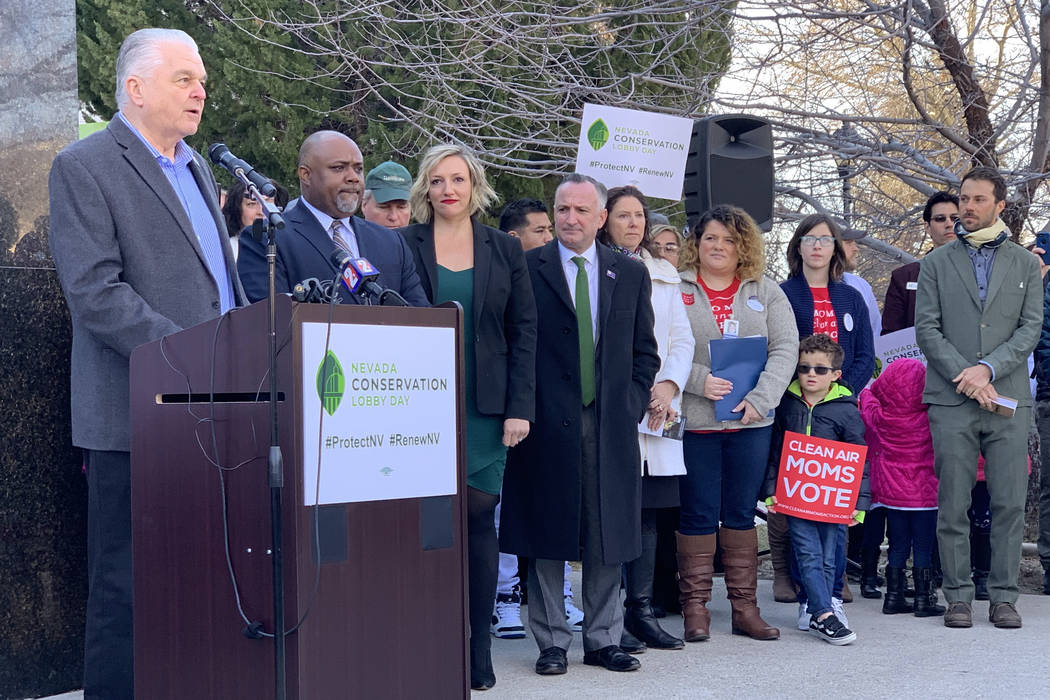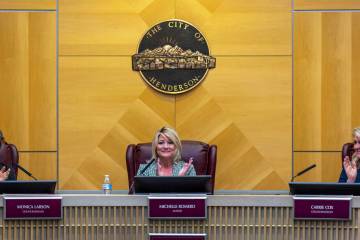EDITORIAL: Democrat two-thirds lawsuit response relies on sleight of hand
Nevadans are a step closer to learning if their judicial system will hold that the plain language of the state constitution means what it says.
Last week, Democrats filed their response to a state Senate Republican lawsuit seeking to invalidate a tax extension that passed without a two-thirds vote. Thanks to the Gibbons Tax Restraint Initiative, passed twice by voters in the 1990s, tax increases require supermajority support in both houses of the Legislature. Democrats have a two-thirds advantage in the Assembly but are one vote shy in the Senate.
Rather than compromise to secure a vote in the upper chamber, however, they simply ignored the state constitution and — after receiving a tortured legal opinion from legislative attorneys — passed by a simple majority extensions of a modified business tax rate and DMV technology fee that had been scheduled to decrease.
Republicans filed suit shortly after the session ended.
The Democrat motion to dismiss relies on sleight-of-hand arguments. “Each bill is plainly constitutional because neither ‘creates, generates or increases’ ‘taxes, fees, assessments and rates,’ ” it reads.
But that is patent nonsense. If the bills didn’t “create” revenue, why pass them in the first place? In addition, there’s a glaring and intentional omission in their misleading argument. The constitutional provision in question says a two-thirds majority is required for any bill that “creates, generates or increases any public revenue in any form, including but not limited to taxes, fees, assessments and rates.”
The constitutional standard isn’t based on word games, but revenue. If a bill increases revenue — “in any form” — it requires two-thirds support. Extending the modified business tax rate that was set to decrease boosted state revenue by almost $100 million. The technology fee will generate $7 million. That’s why each bill required a two-thirds majority.
Democrats also argue that in the case of ambiguity, the courts should favor the Legislature’s interpretation. But there’s precious little ambiguity involved. The bills “increase public revenue.” That was the whole reason majority Democrats approved them.
They also argue that historical context shows “the supermajority provision is intended to apply to new taxes relative to prior years,” not tax extensions. But that wasn’t explicitly noted in the language of the referendum.
These bills increased public revenue. They passed without a two-thirds vote. That’s illegal. Any decision that says otherwise will accomplish the dangerous precedent of elevating political convenience above the state’s guiding legal document, while also exhibiting utter disdain for the will of the people.

















